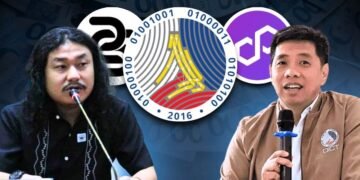In a recent episode of PGMN, anchor Orion Perez Dumdum criticized a provision in the 1987 Constitution for discouraging economic development in Philippine provinces—arguing that it removes successful cities from provincial control just as they begin to thrive.
Orion pointed to Article X, Section 12 of the Constitution, which mandates that Highly Urbanized Cities (HUCs) and certain component cities become independent from their provinces once they meet specific population and income thresholds.
According to Orion, this structure punishes local leaders for developing towns into economic hubs.
Watch the full episode here:
“You invest in infrastructure, attract investors, build industries—and the moment those cities succeed, they’re taken away from your province,” Orion said. “You lose jurisdiction, you lose voters, and you lose your share of Internal Revenue Allotment.”
Citing real-world examples like Cebu City, Iloilo City, Lapu-Lapu, Dagupan, and Naga, Perez explained how many of the richest cities in the country are no longer legally part of the provinces they sit in—even if they continue to host the provincial capitol.
The result, he argued, is a shrinking provincial economy that becomes increasingly dependent on national government support.
Orion compared the setup to the American model, particularly in Virginia, where independent cities operate outside of county control. But unlike U.S. states, Philippine provinces rely heavily on national funding formulas that are based on population and land area—both of which decrease when cities become independent.
“There’s no incentive for governors to fully develop towns if success means losing them,” he added.
Some exceptions were noted, including Mandaue, Tacloban, and Cotabato—independent cities that still participate in provincial elections—but Orion stressed that these cases are rare.
He concluded the episode with a pointed question: “Does this system still make sense? Or is it time to revisit the Constitution?”












